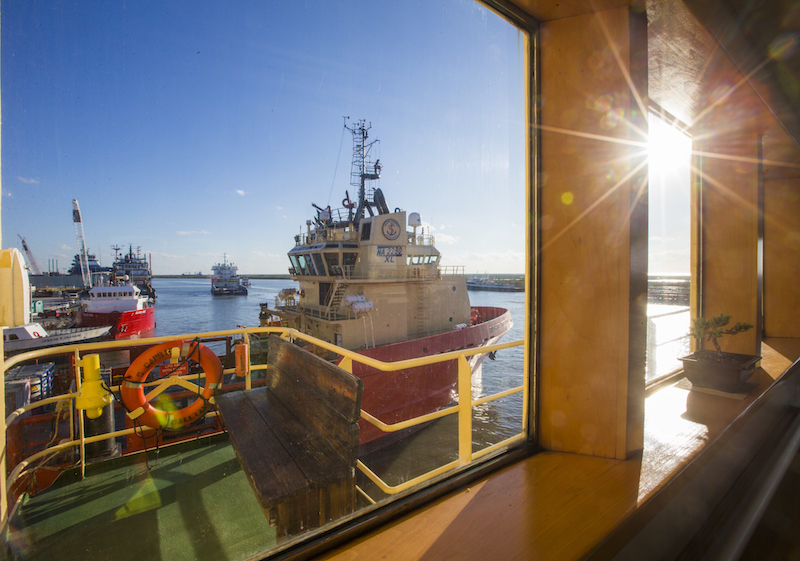At the International WorkBoat Show in December, some attendees said that 2020 was beginning to look promising for the offshore energy sector. Finally, Gulf oil service providers would see some relief from the downturn that had now stretched into a new decade. Then a global oil price feud and coronavirus pandemic broke out.
In WorkBoat's annual offshore energy cover story due out later this month, Jim Redden reports that the deepwater Gulf of Mexico has been sucker punched by these developments. Now, uncertainty seems to be the only thing everyone agrees on.
“I felt like I had a pretty good handle on it (2020 activity) ... but I just don’t know right now,” Matthew Rigdon, executive vice president and chief operating officer of Houston-based OSV operator Jackson Offshore Operators, said in March. “What I would have told you then is that based on what we saw through the course of 2019, and even at the beginning of this year, activity was increasing in the deepwater.”
Now, Rigdon and others are not nearly as optimistic. This includes analyst Richard Sanchez of IHS Markit. In early April, his tone had become less sanguine.
“I’m expecting serious declines in the coming months,” he said. “Things are going to get worse for oil and gas because unrestrained oil production will fill up all of the storage, sinking oil prices to the tens ($10 bbl-$15 bbl). It doesn’t matter if the OPEC alliance make giant cuts, all producers will have to cut production or be forced to shut in production when storage fills up. Oil demand destruction caused by the coronavirus will be a long term problem for oil and gas. 2020 capex is likely to be cut even further and 2021 capex spending will be even lower.”
However, as analyst G. Allen Brooks wrote in his March 25 WorkBoat.com blog, if Covid-19 is controlled fairly quickly, global economic activity will rebound and boost oil demand in the second half of 2020.
“The steel and character of those who built the offshore business has been perpetuated in those operating it today. Tough times will be mastered by the tough people of the offshore service industry.”




